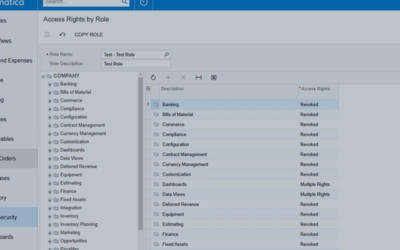Find out with Avalara’s new sales tax audit guide. If you’re like most business leaders, the idea of a tax audit strikes fear deep in your heart. While crossing your fingers and hoping you don’t get picked is a popular strategy for avoiding an audit, it’s not the best. The scary truth uncovered by Avalara’s new sales tax audit guide is that in some cases, simply doing what you do, can be enough to attract an auditor’s attention. In fact, I bet you would be surprised to learn that:
- One third of all audits are done out-of-state
- Four industries account for 60% of all audits.
- Mishandling exempt sales and out-of-state purchases are the errors most often found during audits.
Unless you’ve had the misfortune of going through an audit before, you probably would have no idea what to expect. Or, even why the state would be looking at you. Your natural assumption would probably be that you’d been chosen at random. While this may be the case, often something you have done (or not done) has raised a red flag. To understand why some businesses are audited more than others, Avalara joined forces with Peisner and Johnson. Together, they created a new guide, “Sales Tax and Use Audits Uncovered.” The tax audit guide looks at real data from 64,000 audits conducted over a 27-year period in Texas and California. During analysis, some interesting patterns began to appear.
Factors contributing to audit risk:
- High ratio of exempt sales when compared to total sales
- Audit history
- Incorrectly documenting tax exempt sales.
- Failure to charge tax on out-of-state sales.
- A difference in the recorded versus reported taxes that’s collected and remitted.
Also, the study found that if you operate in any of these industries, your audit risk is higher than average:
- Manufacturing
- Retail
- Wholesale/distribution
- Food service
- Construction
Furthermore, states are becoming more serious about auditing sales tax practices. They seem to be especially focused on collecting lost revenues from e-commerce sales. Now, you’re probably wondering, how much would it cost, if I was audited and the auditor found problems? According to Wakefield research, SMBs can expect to spend about $114,000 in penalties, taxes and fees. Larger businesses can easily be out more than four times that amount. Learn more about audit triggers, what you can do to avoid them and how to protect yourself.



